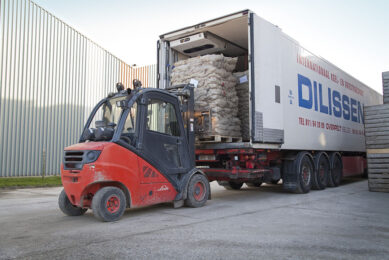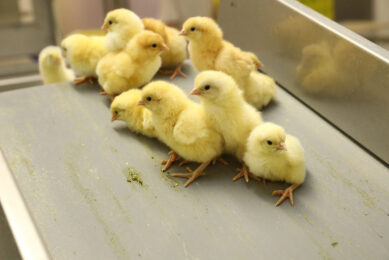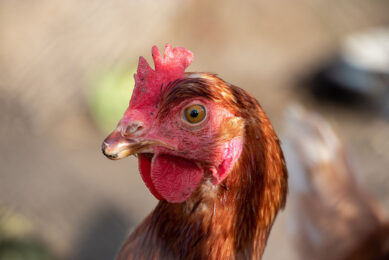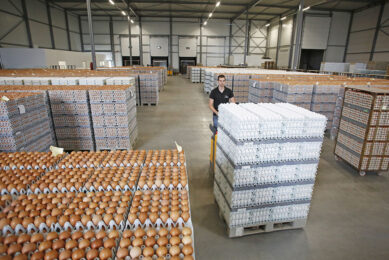South African ostrich industry hit hard by HPAI
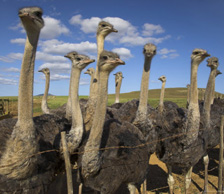
A strain of highly pathogenic avian influenza is devastating the South African commercial ostrich industry with 41,000 birds already been reported culled.
Officials say the H5N2 virus, which was first detected in the Western Cape Province last April, does not pose a threat to humans but could mutate and affect poultry.
African authorities have imposed an exports suspension of ostrich products and banned restocking until the entire region is declared virus-free. Officials say farmers whose animals were culled have received compensation of 50 million rand ($6.5 million) but warn that the impact on the industry, which accounts for up to 80% of the world’s ostrich products, is still severe.
“The industry estimates that it is losing more than 100 million rand ($13 million) per month which is very serious,” says Wouter Kriel, the spokesman for the Western Cape Provincial Department of Agriculture. “The situation cannot continue indefinitely and we very urgently need to try and get the industry back on its feet again”.
South Africa is the global leader in ostrich farming. Its industry exports 90% of its output, generates about 1.2 billion rand ($155 million) a year and provides thousands of direct job opportunities.
Anton Kruger, head of the South African Ostrich Business Chamber, the business body representing the industry, says that meat-exporting farms that were spared the virus are also suffering the strain, hit by the European Union import ban on all ostrich meat from the area.
Last month, authorities announced that the seventh round of surveillance for the H5N2 virus were negative. If the next round of tests also yields negative results, then the government can deem the outbreak to be over – it is only then that South Africa can apply to the European Union, their biggest importer of ostrich meat, to lift their ban and farmers can start restocking.
But Kruger says even if the ban is lifted “it will take at least three years for the industry to recover,” affecting the livelihood of the area’s farmers.
Source: CNN / OIE




